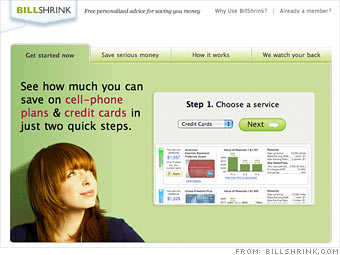BillShrink.com has a very interesting graph explaining how much we are paying for each part of our mobile phone service. It take a few minutes to read through and digest, but the results are shocking:

Mobile phone companies provide the basic service of transferring information, whether that be in the form of phone calls, text messaging or internet data plans. However, the method in which they charge for these services is not so basic. By coupling various services into packages and failing to disclose specific details, these companies make it difficult to understand exactly what you are paying for, and exactly how much you are paying for it. With messaging and phone calls, both the sender and the recipient are being billed, doubling the charge on the transfer of the same data. When we took a look into exactly how much data is being transferred, and how much it is costing the customer, we found that each service is each being charged at relatively high and largely different rates.
Take a step back and read the bottom line.
This makes data transfer via
Data plan 225X
Voice 3,372X
Messaging 412,500X
More expensive than your standard ISP
Wow. I mean wow, wow, wow. No one, myself included, seems to take a step back and look at these things. We simply sign up for our cell service and pay as little as we can and still get the service we need. Meanwhile, we’re getting taken to the cleaners.
Hmmm, yes, I send more than 200 texts per month so I better get unlimited texting for $30. What’s that Mr. Consumer? The 300 texts you sent last month equals about 5% of 1MB of data. That’s basically the equivalent of talking on the phone for one minute. And well, good thing you paid $30 for that service or else we would have had to charge you overage fees. You really saved yourself some money there!
Is it me or does something need to change here? The cell phone service providers have an oligopoly. Until consumers refuse to pay what they are asking, nothing is going to change. And it may be selfish to say, but I can’t go without texting and data. They are staples in my life.
When we come back down to earth though, it is more about perceived value than it is about actual price per megabyte. Until I read that article, I didn’t think $30 for unlimited texting for the 2 lines of service I currently have was actually that bad. Do I wish it was less? Of course I do. But my perception was that hey, we both can send as many texts as we want and it still is only $30.
Whether you’re looking at perceived value or actual cost, it would be nice for the phone companies to start charging us at a more reasonable amount, especially for texts, and get all of our plans to more affordable levels.



